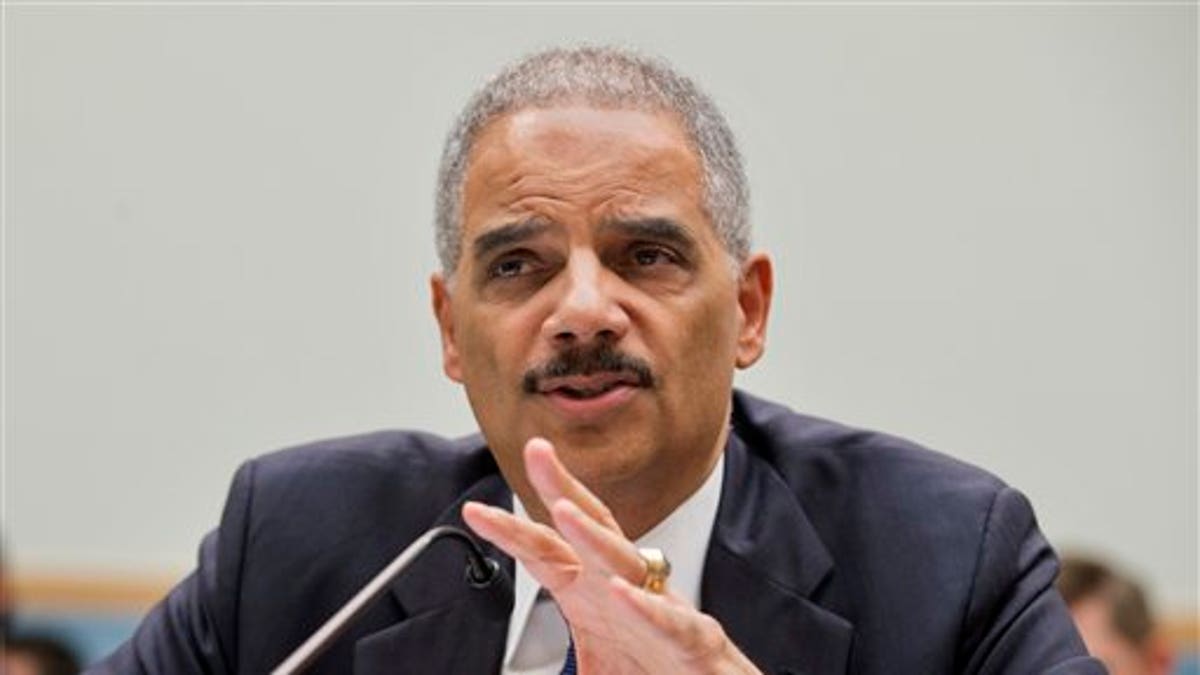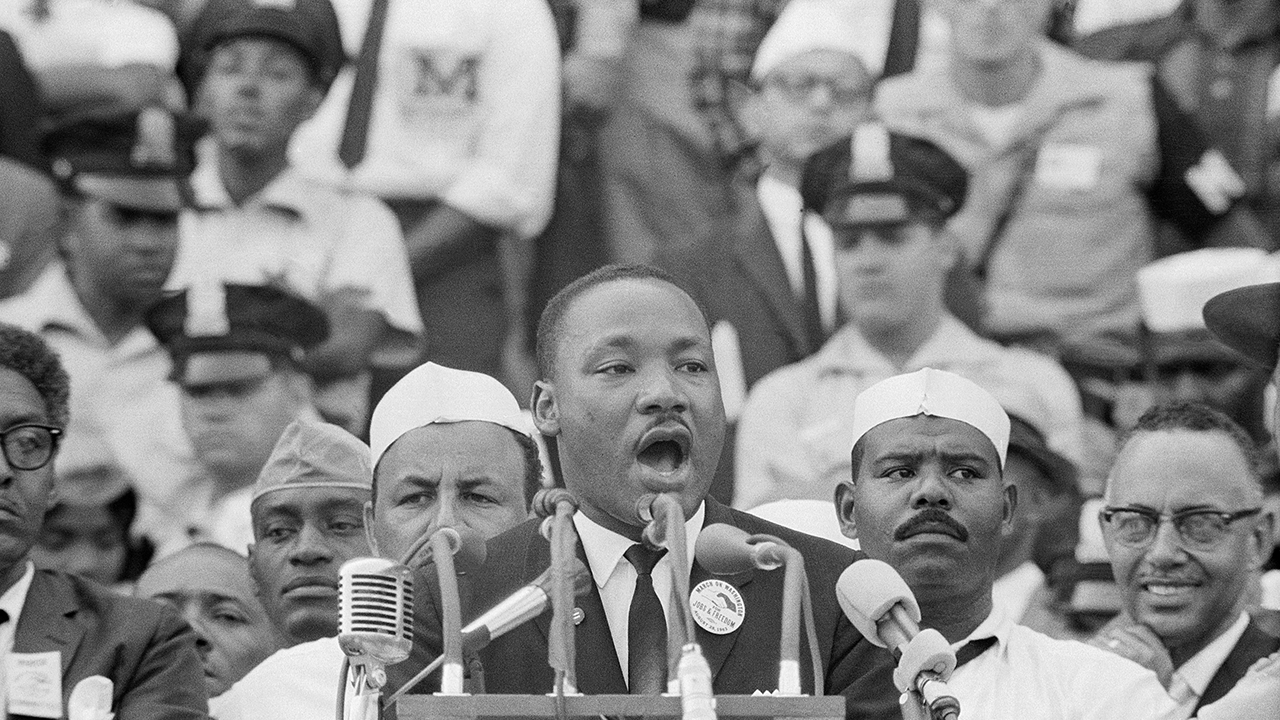
April 8, 2014: Attorney General Eric Holder testifies on Capitol Hill in Washington.
Attorney General Eric Holder recently revealed that the Justice Department is expanding its guidelines for convicted felons seeking clemency (often called a “pardon” or “commutation of sentence”). “But there are still too many people in federal prison who were sentenced under the old regime -- and who, as a result, will have to spend far more time in prison than they would if sentenced today for exactly the same crime.”
Holder’s announcement was a messaging disaster. He fed the common misconception that clemency is only for people who want to get out of prison. Headlines read, “Thousands of prisoners could qualify for clemency,” and “Obama seeks wider authority to release drug offenders.”
“Release the prisoners” messaging does not bode well with most Americans. Rather than focus on current inmates and blame “the old regime,” Holder should have spoken about the administration’s desire to pardon millions of Americans who never served a day in prison yet live as convicted felons for a crime they committed many years ago. These people blame nobody but themselves for their crimes and they have become contributing members of society.
Andrew McCarthy (who commented to Fox News’ Megyn Kelly about the initiative) wrote, “This exercise is another transparent usurpation of legislative power by the president. The pardon power is just the camouflage for it. The pardon power exists so that the president can act in individual cases to correct excesses and injustices. It is not supposed to be a vehicle by which presidents rewrite congressional statutes that they disagree with philosophically…”
McCarthy is wrong: The pardon power is executive; it is not legislative. The pardon power is not a congressional statute. It is “enumerated” (written in the Constitution of the United States of America, as well as each state’s constitution) that is the sole power of the president (for federal crimes) and each state’s governor (for state crimes).
The true essence of the pardon power is about forgiveness, not about releasing the guilty and dangerous -- like murderers and child molesters -- back onto the streets. Organizations like the American Civil Liberties Union and The Innocence Project focus much of their work on inmates, many of whom are not sympathetic to the average American.
The majority of Americans who seek a pardon have never been to prison, but rather pleaded guilty to a crime and were sentenced to probation. Whether one is sentenced to 5 years in prison or 5 years on probation, both remain convicted felons for life. Heisman Trophy winner Johnny Rodgers, for example, was recently pardoned by Nebraska Gov. Dave Heineman for felony larceny he committed in 1970. He never went to prison, but received two years probation.
In 2004, Eric Pizer, an Iraq war veteran who served two tours of duty, was arrested in Madison, Wis., and charged with felony battery after he tried to break up a fight just two days after he returned from war. He pleaded guilty and was sentenced to two years probation. He never went to prison.
For the past 10 years, Pizer has been a devoted husband and father. He received a Criminal Justice degree. But employers only see his permanent “Felon” Scarlett Letter. He can only get low-paying jobs and currently works as a piano mover.
Wisconsin’s Constitution states, “The governor shall have power to grant reprieves, commutations and pardons, after conviction, for all offenses, except treason and cases of impeachment, upon such conditions and with such restrictions and limitations as he may think proper…” Gov. Walker has ignored this executive power: he has yet to grant a single pardon even though his five predecessors granted more than 800 certificates of forgiveness.
Another veteran who served three tours of duty in Iraq and Afghanistan was convicted of felony burglary in Illinois for stealing a saddle from a barn when he was 18 years old, prior to his first deployment. Again, he never went to prison but was sentenced to probation.
Now he is living as a civilian, has a wife and young daughter, and is certified as an EMT. He cannot obtain employment from any municipality as a fireman solely because of his felony conviction. He is currently seeking a pardon from Illinois Gov. Pat Quinn.
There are millions of these stories about men and women who committed a crime and do not claim they are innocent. They acknowledge their guilt and have gone on to contribute to the betterment of our country. They are your sons and daughters, grandchildren, veterans, neighbors and fellow coworkers. Prof. P.S. Ruckman, Jr., founder of PardonPower.com, says, “The times are changing and here is an issue where conservatives and liberals are increasingly agreeing."
Unfortunately, Eric Holder executed a poor message that focused on inmates and placed blame on prior administrations. Fortunately, we are a country that forgives our most deserving citizens.








































